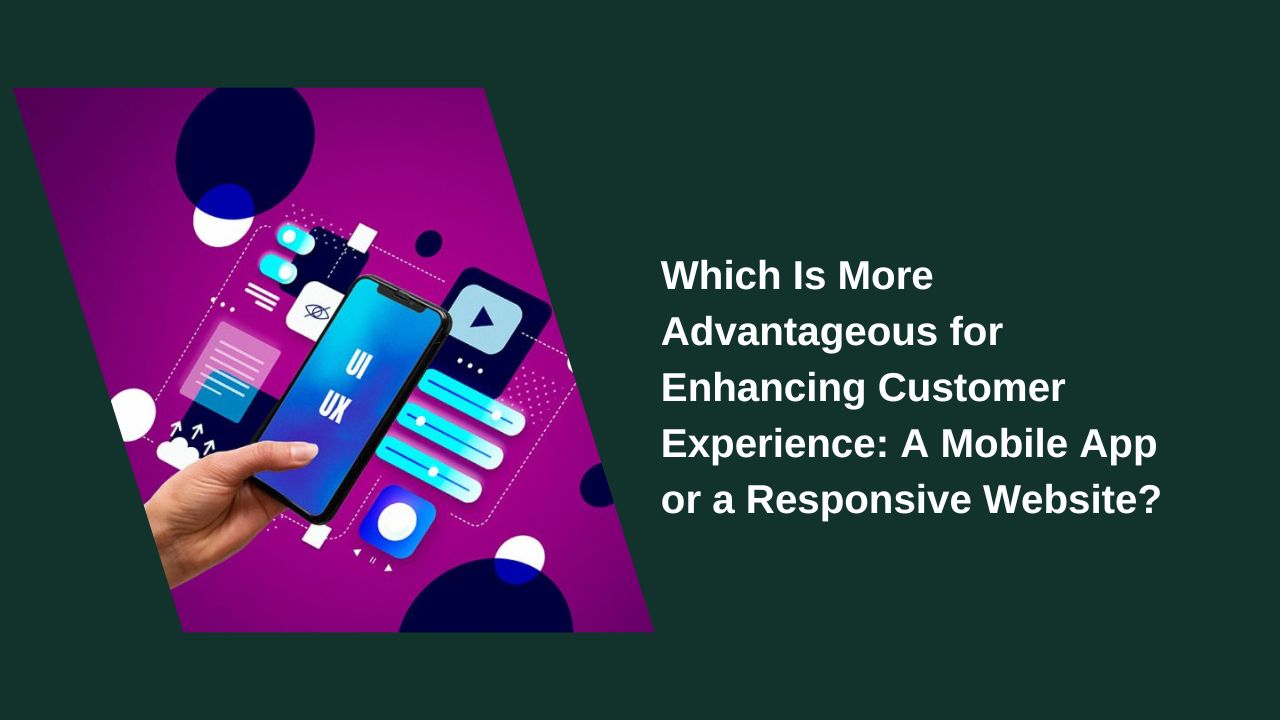Hello,
How Can We Help You?
Contact Form
Fill out the form and we will contact you as quickly as possible.
|

By 2026, mobile device usage is projected to reach unprecedented levels. Consumers increasingly rely on smartphones and tablets for virtually all aspects of daily life, including shopping, banking, entertainment, and communication. In this rapidly evolving digital landscape, companies without a mobile app risk falling behind competitors who can reach customers more directly and efficiently. Mobile apps are no longer merely an optional tool for brand prestige—they have become essential channels for both sales growth and customer loyalty.
Mobile apps provide businesses with unique opportunities to engage their audience in ways that websites cannot match. They allow personalized communication, instant notifications, and access to user data that help businesses anticipate customer needs. In addition, apps foster brand loyalty by creating a seamless, convenient, and enjoyable experience that encourages repeat interactions.
At Vayes, we specialize in delivering user-friendly, customizable mobile app solutions designed to help businesses of all sizes thrive in the mobile-first world. By leveraging features like push notifications, loyalty programs, and offline accessibility, Vayes ensures that businesses remain competitive and maintain strong relationships with their customers. As the digital landscape becomes increasingly saturated, delaying investment in a mobile app may result in missed opportunities for long-term growth and market relevance.
Websites continue to play an important role as a company’s digital presence. They serve as a brand’s online showroom and provide users with essential information about products and services. However, while websites are valuable for initial interactions, mobile apps offer significant advantages for continuous engagement and customer acquisition.
Mobile apps allow businesses to communicate directly with users in a personalized and interactive way. Push notifications enable real-time updates about promotions, new products, or special offers. Offline access ensures that users can still interact with the brand even without an internet connection. Moreover, apps provide tailored experiences based on individual preferences, purchase history, and behavior patterns, which can significantly enhance user satisfaction.
Studies consistently show that mobile apps drive higher engagement rates compared to websites. Users are more likely to return to an app they have installed, and personalized recommendations within the app often lead to higher conversion rates. In sectors such as retail, banking, education, and travel, mobile apps have proven to outperform websites in customer retention, brand loyalty, and sales growth.
Vayes’ mobile solutions focus on optimizing user experience, making it easier for customers to browse, shop, or book services. By combining the convenience of mobile access with intelligent personalization, businesses can maximize their customer acquisition potential and establish lasting relationships with their audience.
Companies that do not invest in mobile apps miss out on a variety of critical opportunities. First and foremost, they lose the ability to communicate directly and personally with their customers. Mobile apps allow businesses to analyze user behavior, send targeted campaigns, and implement loyalty programs that increase repeat purchases. Without these tools, companies are at a disadvantage in competitive markets where personalization and responsiveness are key drivers of success.
Additionally, mobile apps strengthen brand visibility. When users download an app, the brand becomes a constant presence on their device, reinforcing recognition and familiarity. This daily exposure is difficult to achieve through traditional marketing channels or even websites alone. By missing this opportunity, businesses risk weakening their brand identity and reducing customer engagement.
Moreover, mobile apps offer advanced analytics capabilities, allowing companies to gain deep insights into customer preferences, buying patterns, and engagement trends. This data is invaluable for refining marketing strategies, optimizing product offerings, and improving overall user experience. Businesses without mobile apps may lack the intelligence needed to make informed decisions, potentially resulting in lost revenue and slower growth.
As user expectations continue to rise in the digital age, companies without mobile apps may appear outdated or disconnected. Younger demographics, in particular, expect fast, convenient, and personalized digital experiences. Without an app, businesses may lose this critical segment of the market, affecting both sales and long-term customer loyalty.
Historically, mobile app development was considered a luxury only accessible to large corporations with substantial budgets. Today, however, the landscape has changed dramatically. Development costs have decreased, and off-the-shelf platforms allow small and medium-sized enterprises (SMEs) to create effective, scalable apps without significant investment.
For SMEs, mobile apps provide direct communication channels with customers, streamline ordering processes, and enhance overall customer experience. Restaurants, for example, can enable online ordering, notify customers about daily specials, or offer exclusive discounts through their app. Local retailers can build a loyal customer base by delivering personalized recommendations, loyalty rewards, and timely promotions.
Mobile apps also improve operational efficiency. Features like inventory management, booking systems, and in-app payments simplify processes for both customers and business owners. By integrating these functionalities, SMEs can compete more effectively with larger brands and provide professional, convenient experiences that keep customers returning.
Investing in a mobile app is therefore a strategic decision for SMEs. Beyond short-term sales increases, apps foster customer loyalty, encourage repeat engagement, and help businesses build a strong reputation in their local or niche markets.
Responsive websites ensure accessibility across all devices, making them ideal for initial contact and general information sharing. They serve as a brand’s online presence and are particularly effective for attracting new customers and showcasing products or services.
However, mobile apps provide a more interactive and personalized experience. Features such as push notifications, offline functionality, and user-specific content elevate the customer journey to a higher level. Apps encourage users to return frequently, engage with content, and make purchases more conveniently than through a browser.
For businesses aiming to foster long-term engagement and customer loyalty, mobile apps are far more advantageous. While websites remain critical as a first touchpoint, apps offer a continuous, interactive relationship that drives higher satisfaction, retention, and revenue. Mobile apps complement websites by providing enhanced usability, personalized communication, and seamless access to services anytime, anywhere.

Mobile apps are powerful tools for boosting both sales and customer loyalty. By sending targeted campaigns and notifications, businesses can maintain regular contact with users, reminding them of offers, events, or new products. These timely interactions encourage repeat purchases and improve conversion rates significantly.
Apps also allow businesses to implement loyalty programs that reward customers for engagement. Points, discounts, and exclusive offers incentivize frequent usage and deepen brand loyalty. Vayes’ solutions, for example, combine user-centric design with integrated loyalty features, ensuring customers feel valued and connected.
Beyond sales, mobile apps provide businesses with actionable insights into customer behavior. Analytics tools track usage patterns, preferences, and purchase history, enabling companies to refine strategies, optimize content, and deliver tailored recommendations. This personalized approach increases customer satisfaction, strengthens retention, and drives long-term growth.
Ultimately, while websites remain important for brand visibility and initial engagement, mobile apps create an interactive, customized, and loyal customer base. Together, they form the foundation of a successful digital strategy in 2026 and beyond, ensuring sustained growth and competitive advantage.
Contact Form
Fill out the form and we will contact you as quickly as possible.
 Notification Center 00:00
Notification Center 00:00